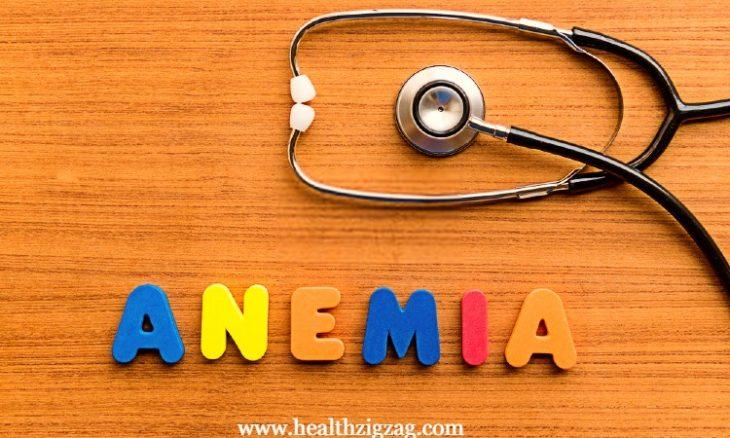
Contents
Although the terms ‘ anemia ‘ and ‘ iron deficit ‘ have been confused for a long time. It is time to clarify that they are not the same. While it is true that there is an association between a specific type of anemia – iron deficiency anemia – and iron deficiency. They cannot be used as synonyms. [1]
Anemia, in reality, is a heterogeneous pathology that can have different causes. Although iron deficiency is one of them. Other types are caused by disorders in the production of red blood cells or hemoglobin.
It is important to know that iron is part of the hemoglobin that is inside the red blood cells. It helps to make it possible to transport oxygen to all the cells of our body. Which need it to perform their vital functions.
Both situations are related in some cases, but not all anemias have iron deficits. Therefore, in this article, we explain why anemia and iron deficiency are not the same and how to distinguish them.
Read Also: Six Essential Nutrients Which Are Important For Your Body
How to distinguish anemia and iron deficit?
To distinguish between anemia and iron deficit, we must know what both situations consist of and why they occur. We have already mentioned that iron is an essential component in our red blood cells to transport oxygen.
We obtain iron from the diet and, logically, there are some foods richer in iron than others. That means that, in the first place, iron deficiency can be caused by certain eating habits, such as being vegetarian.
This is because red meat and fish are the foods with the highest concentration of iron. Another reason why we may have this lack is that we suffer a problem in the absorption process. Certain pathologies that affect the digestive system, such as celiac disease, alter the process of incorporation of nutrients.
From here, we have to talk about anemia. Anemia is defined as a decrease in the number of red blood cells. A decreased concentration of hemoglobin in them or low hematocrit value.
It is important to note that anemia, therefore, can have numerous causes. Iron deficiency is only one of them, which affects the concentration of hemoglobin.
What types of anemia are there?
As we have already seen, anemia and iron deficiency are related to a specific type of anemia: iron deficiency anemia. It is the most frequent type of anemia and primarily affects women of childbearing age.
It is a pathology in which there are low levels of iron. Which causes the bone marrow can not properly manufacture hemoglobin. This lack, in turn, can have many causes, such as:
Blood loss: this makes it more frequent in women, due to menstruation. It can also result in bleeding from any injury.
Digestive problems: such as ulcers or diseases that affect intestinal absorption.
Colon cancer: although it is an uncommon cause, it is important to know it. Colon cancer causes blood losses that are hidden in the stool. Many times the first symptom is anemia and iron deficiency.
On the other hand, it is important to know that there are many other types of anemia. Aplastic anemia, for example, is that our body is unable to produce enough red blood cells. It may be caused by an alteration of the bone marrow, infection or certain medications.
Other anemias
The lack of certain vitamins, such as vitamin B12, can alter the production of red blood cells. It is a frequent situation in people with chronic alcoholism. Another common cause is suffering from a chronic inflammatory disease, such as rheumatoid arthritis.
Anemia can also be a consequence of a carcinogenic process that affects the blood, such as leukemia. It can even be hemolytic anemia. In which the problem is that the red blood cells are destroyed more quickly than they are created.
In conclusion: anemia and iron deficit are not the same
The idea is to understand that although anemia and iron deficiency tend to be used as synonyms, they are not the same. Only one type of anemia, the most common iron deficiency, associated with iron deficiency.
Many other types of anemia caused by other processes. The important thing is to arrive at diagnosis to implement an adequate treatment. Not all anemic states improve by incorporating iron as a supplement. Therefore it must be a medical professional who determines what steps to follow in each person. Published By Healthzigzag.com
Read Also: What Is Coronavirus? Symptoms, Treatment And Prevention




